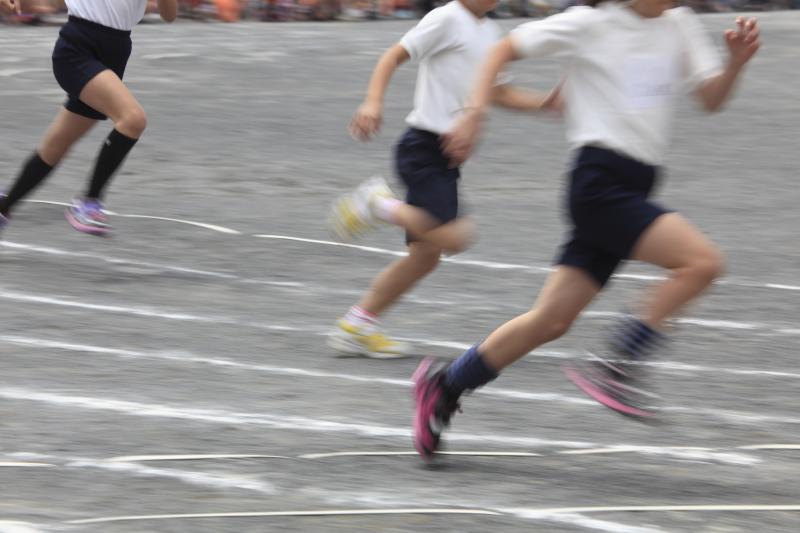
Participation in organized venues that demand physical skill and effort is beneficial to the emotional development of children, a study suggests.
Researchers looked at trajectories of mother-reported participation in organized physical activity (PA) at ages 6–10 years for 1,492 children from the Québec Longitudinal Study of Child Development birth cohort. Internalizing behaviour (emotional distress, anxiety, shyness, social withdrawal) at ages 4 and 12 years was reported by parents and teachers, respectively.
Most children participated in organized PA, with rates increasing from 60 percent to 80 percent between ages 6 and 10 years. Emotional distress rose marginally between ages 4 and 12 years, while shyness and withdrawal dropped. Anxiety scores remained stable over time.
On longitudinal latent class analysis, two typical trajectories of participation in organized PA emerged. First was the consistent participation trajectory (61 percent), which included children with elevated probability of participation at all ages. The other was the low-inconsistent participation trajectory (39 percent) involving those who did not participate or participated only once or twice on average in late childhood.
Pre-existing internalizing behaviour at age 4 years was not predictive of trajectory membership. However, children in the low-inconsistent participation trajectory exhibited higher subsequent emotional distress (B, 0.87), anxiety (B, 0.61), shyness (B, 0.92), and social withdrawal (B, 0.86) at age 12 years compared with those in the consistent participation trajectory.
The findings indicate that childhood participation in organized PA may be a valuable strategy to promote both physical and mental health in children, according to the researchers. Removing financial and other barriers experienced by parents may help improve the early and sustained enrolment of children in sport and other organized active leisure.